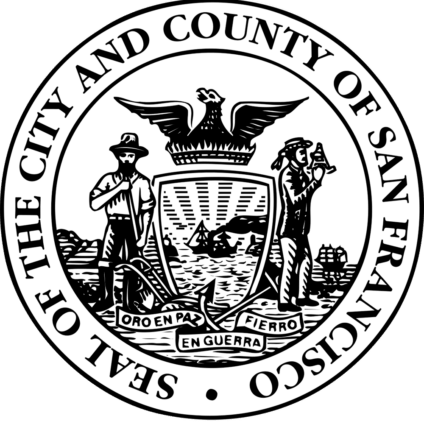San Francisco passed their Fair Chance Ordinance (“Ordinance”) in 2014. On April 3, 2018 the City of San Francisco Board of Supervisors passed an amendment to the Ordinance to better align with the requirements of California’s statewide Fair Chance Act (AB 1008) that went into effect January 2018. Under San Francisco’s amended Ordinance, employers located or doing business in the City need to be more cognizant about inquiries into an applicant’s or employee’s criminal history. Although we recommend you review all existing and amended provisions with your counsel, please find a high-level summary of the amended provisions to the Ordinance below.
Key Takeaways
- Reduced the number of employees from twenty to five for an employer to be covered by the Fair Chance Ordinance
- Prohibits employers from inquiring about, requiring disclosure of, or basing employment decisions on a person’s conviction history until after a conditional offer of employment has been made
- Prohibits employers from inquiring about, requiring disclosure of, or basing employment decisions on convictions for decriminalized behavior so they will need to evaluate any potentially disqualifying convictions
- Penalties can be imposed for the first violation of the Ordinance and increased penalties for subsequent violations
- Gives victims a private right of action for violations of the Ordinance; and
- Amendment also applies to City’s Contractor’s and Subcontractors
Which employers are affected?
The new amendment has reduced the number of employees needed for an impacted employer to be covered under the provisions of the Ordinance from twenty to five.
What is prohibited?
Convictions for Decriminalized Behavior
Although previously permitted under the Ordinance, employers are now prohibited from inquiring about, requiring disclosure of, or basing an employment decision on convictions that have since been decriminalized since the date of the Conviction, including, but not limited to, convictions that fall under California Health and Safety Code Sections 11362.1 and 11362.2 (related to the non-commercial use and personal cultivation of cannabis). Impacted employers will need to be cognizant of this requirement when evaluating their background checks.
As a reminder, California employers have been restricted from considering certain criminal history prior to this amendment, including but not limited to:
- Arrests that do not result in a conviction;
- Participation in, or referral to, a pretrial or post-trial diversion program;
- Juvenile records;
- Judicially dismissed or sealed records in accordance of the law; and
- Certain non-felony marijuana convictions that are more than two years old.
San Francisco expands on the above and prohibits covered employers from considering (i) information pertaining to an offense other than a felony or misdemeanor, such as an infraction or (ii) convictions that are more than 7 years old, based on the date of sentencing.
Conditional Offers of Employment Only
Under the amended Ordinance, employers are prohibited from inquiring about, requiring disclosure of, or basing an employment decision on a person’s conviction history after a live interview. Consideration of an applicant’s conviction history is permissible only after the employer has made a conditional offer of employment.
What other requirements impact employers?
Increased Penalties:
Under the amended Ordinance employers can be assessed a $500 penalty for a first violation that occurs on or after the effective date of the Ordinance for each employee or applicant as to whom the violation occurred. Subsequently, a second violation can yield a $1000 penalty and $2000 for any additional violations. If there are multiple applicants or employees affected by the same procedural violation at the same time then the violation is treated has one violation for each impacted person.
Private Right of Action:
Where it used to be that the City Attorney could only sue for violations of the Ordinance the new amendment allows for individual applicants and employees the right to sue if his or her rights have been violated. The penalties will now be paid to the person(s) impacted by the violation and not the City.
Recommendations
We recommend you review and discuss with your legal counsel your organization’s policies and procedures to ensure compliance with the changing law. For additional details please refer to the final legislation regarding the amended Ordinance.
Contact Accurate Background
For more information regarding recent legislative changes in other states and jurisdictions, visit our Legislative Updates page.
*Please note: Accurate prepared these materials for informational purposes only. These materials are not intended to be comprehensive, and are not a substitute for, and should not be construed as, legal advice. Accurate does not warrant any statements in these materials. Employers should direct questions involving their organization’s compliance with or interpretation or application of laws or regulations and any additional legal requirements that may apply, to their own legal counsel.
